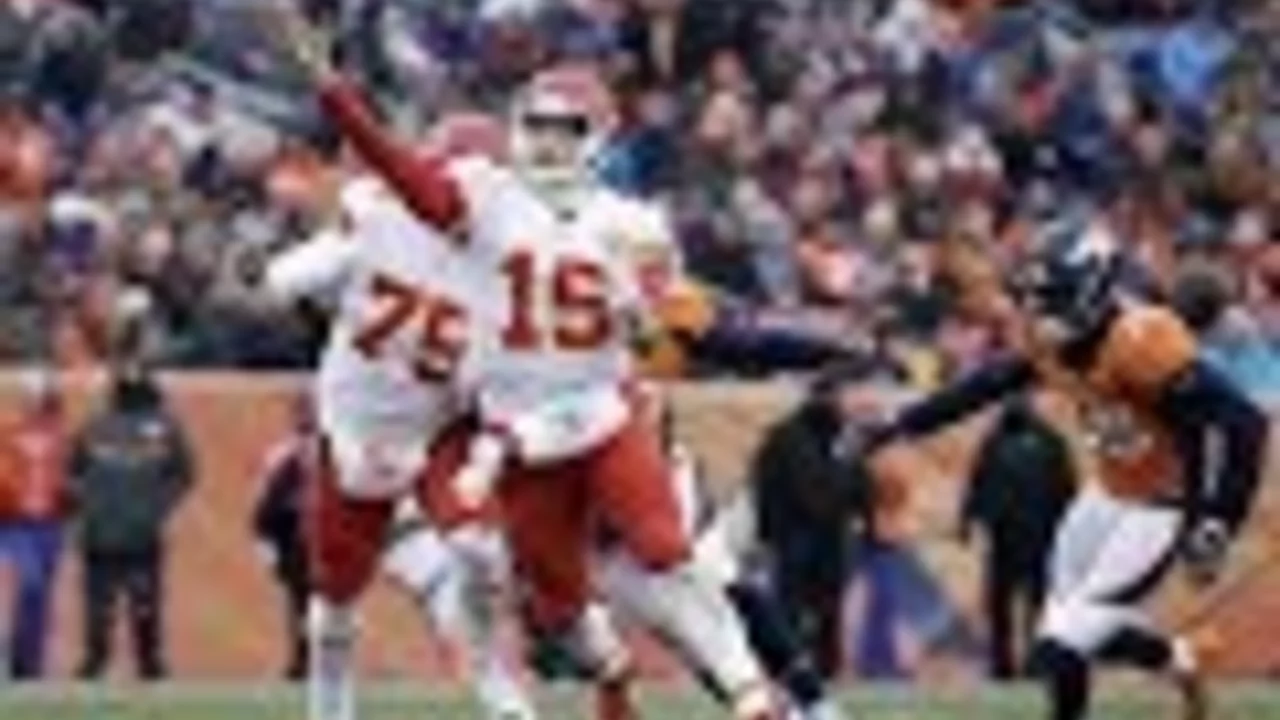Double the Fun: The Fascination with Cities Having Two Teams
You know, it's funny being a sports enthusiast and a father at the same time. One day, while Baxter and I were watching a game of footy, he curiously asked, "Dad, why does one city have two teams in the same sport?" It took me a moment to digest his question and truth be told, I didn't have a convincing answer at that moment. This got me thinking and I ended up digging into this peculiar aspect of sports. So, here I am, unraveling the intriguing world of cities having two or more sports teams in the same field. You know, the likes of New York with their Yankees and Mets in baseball, or Manchester with United and City in football.
The Delve into Sports History: The Birth of the Dual Teams Concept
Every story has a beginning, right? So how did this all begin? Well, it's quite like the origin of the universe - complex but interesting. The concept of cities having two sports teams is not something that sprang up overnight. It arose from the ashes of intense rivalries, divergent fan bases, and economic feasibility. Some cities have a history that dates back to a time when the dynamics of sports were vastly different from today. The passage of time and changing scenarios have shaped the structure of teams and their host cities.
Take Chicago, for example, a city that houses both the North-Side Cubs and the South-Side White Sox. The existence of two teams in this city is rooted deep in the history and cultures of the two sides of the city. Similarly, other cities have their own stories that have given birth to their dual team concept. It's fascinating isn't it, how a simple sport can foster such complexities?
Geographical Factors and Practicality at Play: Why Two Teams Often Make Sense
Looking beyond history, there are some very practical reasons for this phenomenon as well. Geographical factors play a vital role in building teams. Larger cities often have a population so diverse and widespread that it becomes practical to have multiple teams. It caters to the different demographics, encourages local fan engagement, and eases logistical issues. Can you imagine the entire population of New York rooting for one single football team? The city would come to a standstill!
Furthermore, having more than one team in a city allows for more games to be played in the season, effectively utilizing the sporting venues and infrastructure. Basically, it's like killing two birds with one stone - you serve the fanatic fans and keep the city's economy churning. A win-win situation, don't you think?
Seeds of Rivalry: The Excitement of City Derbies
The existence of two sports teams in a single city inevitably leads to the exciting concept of a 'city derby'. Nothing quite matches the thrill and excitement the fans experience when home teams face each other. These derby games become a spectacle, imbibed in the city's culture and tradition, an event eagerly looked forward to by fans and spectators alike. Believe me, the atmosphere is electrifying!
As a sports enthusiast who has been a part of various sports events, I can unequivocally assure you that the sheer emotion and passion evident during a city derby are unparalleled. Every pass, every tackle, every run scores more than just points. It's about city pride and bragging rights.
Marketing Magic: The Business Perspective Behind Multiple Teams
Plunging into the world of business and marketing, the concept of dual teams is surprisingly beneficial. For cities with big business landscapes and engaging marketing platforms, hosting two teams becomes a lucrative venture. Businesses enjoy increased sponsorship opportunities, while consumers get to choose from a larger variety of merchandise. The economics of supply and demand have a field day when it comes to cities with multiple teams. The gains are plentiful and the losses minimal - quite the dream scenario for any marketer.
Also, with more than one team, advertisers get a wider platform to showcase their products and services. It leads to amplified reach and improved revenue streams. In essence, multiple teams equal more sporting events, more tickets sold, more viewership, and hence, more monetary influx.
The Unforeseen Challenges: Not All That Glitters Is Gold
While it might sound exciting and plausible to have multiple teams in a city, it's not a walk in the park. There are plenty of challenges that come along with the package. Questions about team loyalties often arise, leading to heated debates and even conflicts among fans. Managing logistical issues and meeting the massive demand for tickets during the season can be a Herculean task. Balancing the economic aspects with fan expectations is another tightrope that needs to be walked judiciously. The challenges are significant, but the thrill of overcoming and reaping the benefits, far outweighs them.
So, the next time my kid Baxter questions why some cities have two sports teams, I'll have a well-fed answer for him, thanks to you all for putting up with my impulsive research. Now, if you'll excuse me, I'm off to watch a derby with Baxter, after ensuring that our energetic Australian shepherd, Keira, is comfortably settled with her favorite chew toy. Until next time, folks - Play hard and stay sporty!
